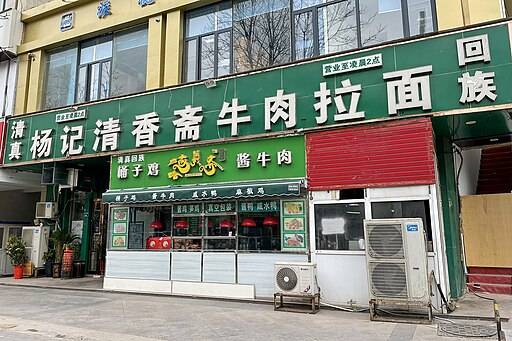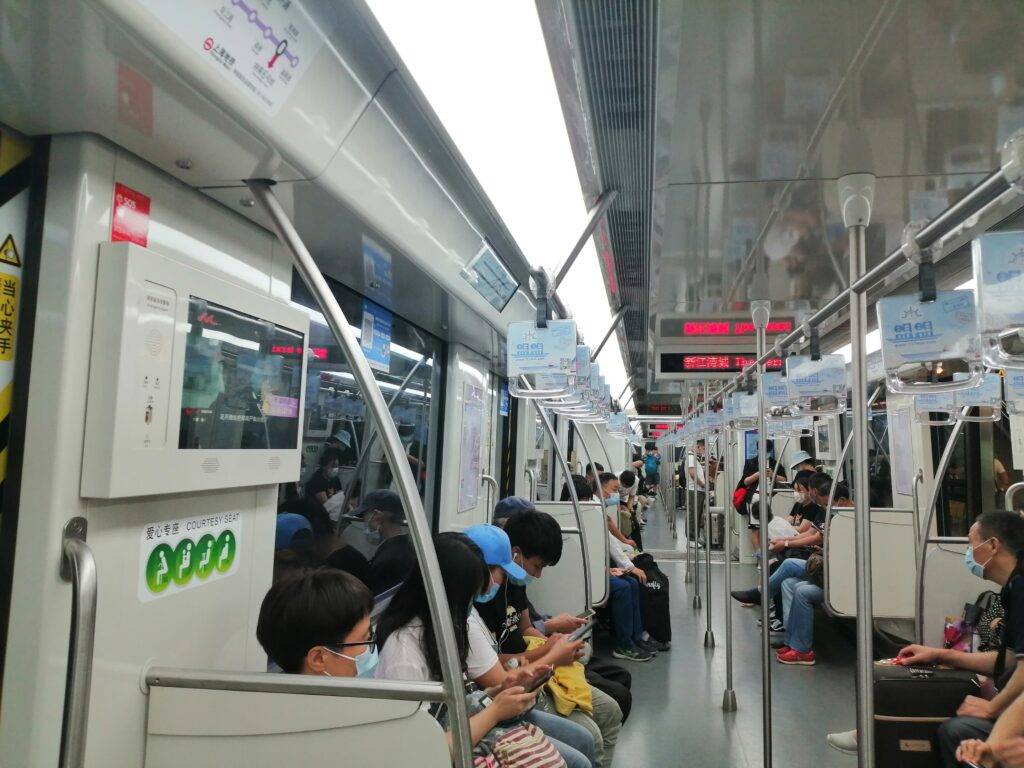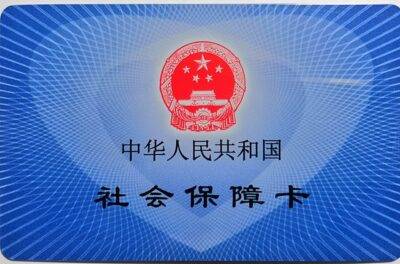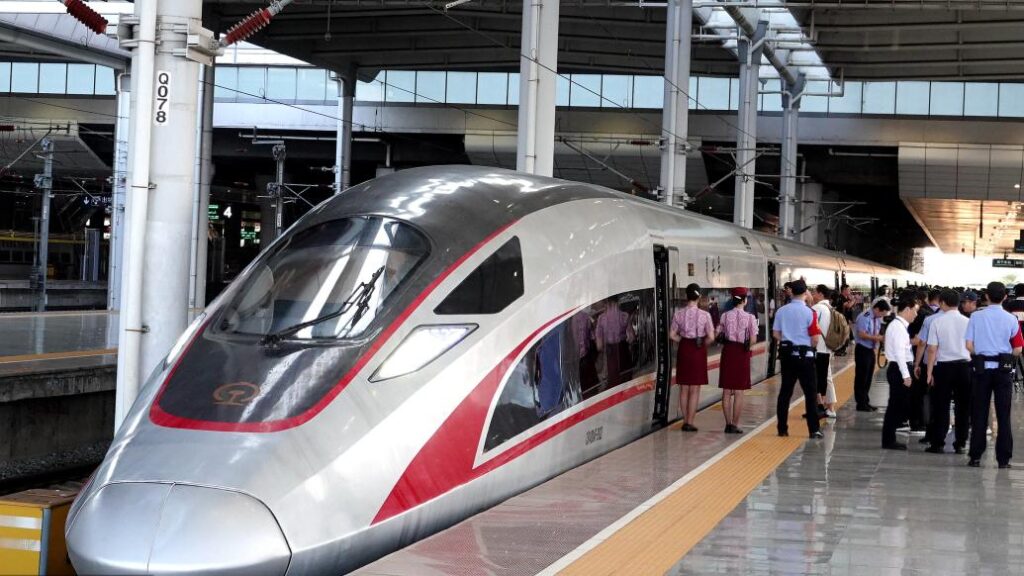Living Costs in China: What Expats Need to Know
This comprehensive guide provides detailed insights into the various aspects of living costs in China, ensuring that expats are well-prepared for their new life.
China, with its rich cultural heritage and rapidly growing economy, has become an attractive destination for expats worldwide. Understanding the cost of living is crucial for anyone planning to move to this vast and diverse country.
Housing Costs in China
Renting an Apartment
Housing is one of the most significant expenses for expats in China. The cost of renting an apartment varies significantly depending on the city and the neighborhood. Major cities like Beijing, Shanghai, and Shenzhen are considerably more expensive compared to smaller cities.
Major cities like Beijing, Shanghai, and Shenzhen are considerably more expensive compared to smaller cities.
- Beijing and Shanghai: In prime locations, such as the city center or expat-friendly areas, a one-bedroom apartment can cost between $1,000 to $2,500 per month. In suburban areas, prices may drop to $500 to $1,500 per month.
- Second-Tier Cities: Cities like Chengdu, Hangzhou, and Wuhan offer more affordable housing options. Here, a one-bedroom apartment in a central area can range from $300 to $800 per month.
Utilities and Maintenance
Utilities, including electricity, water, gas, and internet, generally add up to an additional $50 to $150 per month. Maintenance fees for apartment buildings can vary but typically range from $20 to $60 per month.
Food and Dining Costs

Groceries
The cost of groceries in China is relatively low, especially if you shop at local markets. Imported goods, however, can be quite expensive.
- Local Products: Fresh produce, rice, and local meats are very affordable. For example, a kilogram of rice costs around $1, and a kilogram of chicken breasts is approximately $3.
- Imported Goods: Western brands and imported foods can cost significantly more. A bottle of imported wine might cost between $15 to $30.
Dining Out
Dining out is a popular and affordable option in China, with a wide range of choices from street food to high-end restaurants.
- Street Food: A meal from a street vendor can cost as little as $1 to $3.
- Local Restaurants: Dining at a mid-range local restaurant typically costs between $5 to $15 per person.
- Western Restaurants: Meals at Western-style restaurants or high-end establishments can range from $20 to $50 per person.
Transportation Costs
Public Transportation
China boasts an extensive and efficient public transportation system, making it easy to get around without a car.
- Metro and Buses: In cities with metro systems, a single ride costs between $0.30 to $1. Monthly passes are available and can save frequent travelers money.
- Taxis and Ride-Hailing Services: Taxis are affordable, with fares starting at around $2 to $3 for the first few kilometers. Ride-hailing services like Didi are also popular and reasonably priced.
Owning a Car
Owning a car in China is more expensive due to the high cost of vehicles and strict regulations.
- Car Purchase: Cars are relatively expensive, with prices for a new car starting at around $10,000 to $20,000 for a basic model.
- Fuel and Maintenance: Fuel costs about $1 per liter, and regular maintenance can add up to $500 to $1,000 per year.
Healthcare and Insurance

Healthcare Costs
China has a mixed healthcare system with both public and private options. Expats often prefer private hospitals for their quality and English-speaking staff.
- Public Healthcare: Costs are low, but the quality can vary. A visit to a public hospital might cost around $10 to $30.
- Private Healthcare: Private hospitals offer higher standards but at a premium. Consultation fees can range from $50 to $200.
Health Insurance
Health insurance is essential for expats in China. Many employers provide insurance, but additional coverage might be necessary.
- Local Insurance Plans: These are more affordable, with premiums starting at around $200 to $500 per year.
- International Insurance Plans: These offer comprehensive coverage but are more expensive, ranging from $1,000 to $5,000 per year.
Education Costs

International Schools
Expats with children often opt for international schools, which offer curriculums in English and other foreign languages.
- Tuition Fees: These schools are costly, with annual fees ranging from $10,000 to $40,000 per child, depending on the school and grade level.
Local Schools
Some expats choose local schools for their children to immerse them in the culture and language.
- Tuition Fees: Public schools are free, but private Chinese schools can cost between $2,000 to $10,000 per year.
Entertainment and Leisure
Recreational Activities
China offers a variety of recreational activities, from fitness centers to cultural experiences.
- Gyms and Fitness Centers: Monthly memberships cost around $30 to $100.
- Cultural Events: Tickets for cultural performances, such as Peking Opera, can range from $10 to $50.
Travel and Tourism
Traveling within China is affordable and offers numerous attractions.
- Domestic Flights: Prices for one-way flights can be as low as $50 to $200, depending on the destination.
- Train Travel: High-speed trains are a popular and economical option, with tickets costing between $20 to $100 for long-distance journeys.
Conclusion
Living in China as an expat can be an exciting and enriching experience. Understanding the cost of living is essential for budgeting and ensuring a smooth transition.
From housing and food to transportation and healthcare, this guide provides a detailed overview of the expenses you can expect.
With careful planning, you can enjoy all that China has to offer while managing your finances effectively.







![[ℕ𝕖𝕧𝕖𝕣] 𝕊𝕖𝕝𝕝 𝕐𝕠𝕦𝕣 𝔹𝕚𝕥𝕔𝕠𝕚𝕟 - And Now What.... Pray To The God Of Hopium?](https://cdn.bulbapp.io/frontend/images/79e7827b-c644-4853-b048-a9601a8a8da7/1)





















![[LIVE] Engage2Earn: McEwen boost for Rob Mitchell](https://cdn.bulbapp.io/frontend/images/c798d46f-d3b8-4a66-bf48-7e1ef50b4338/1)












